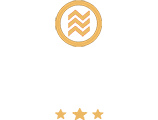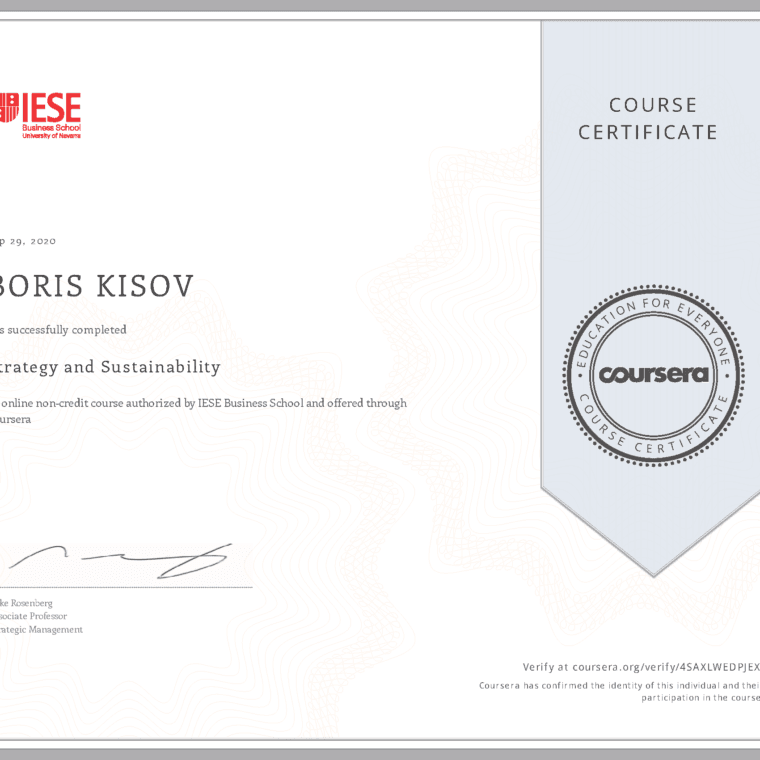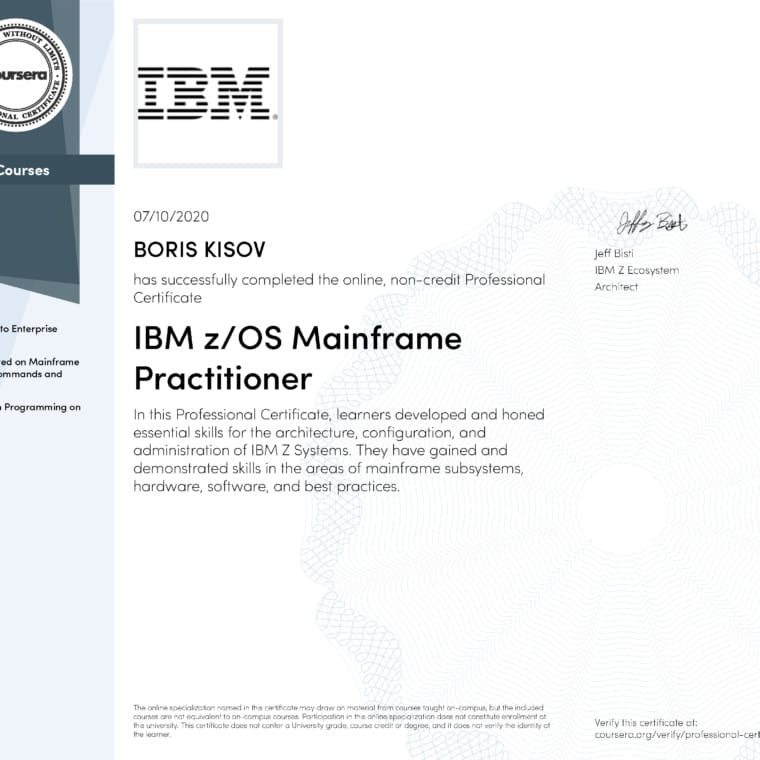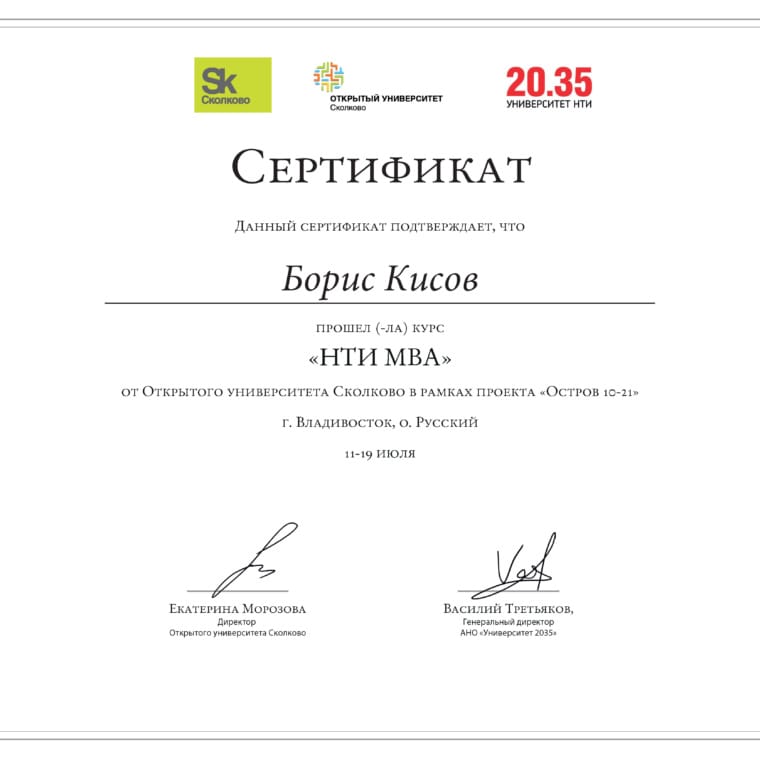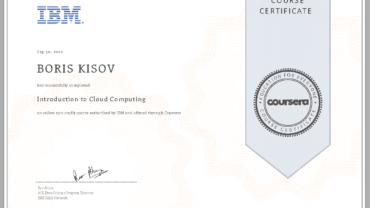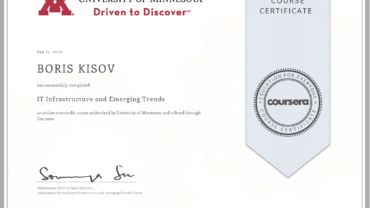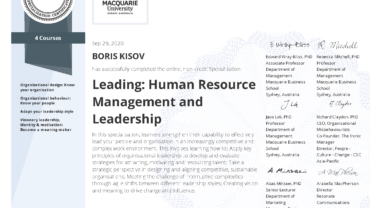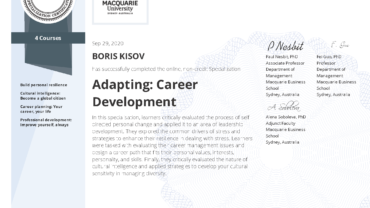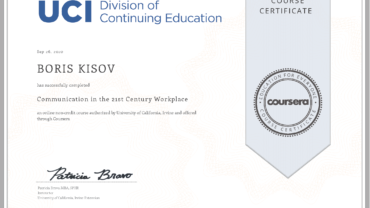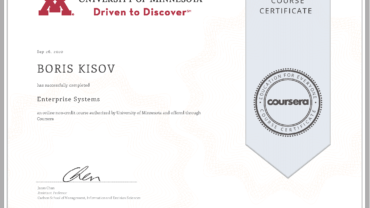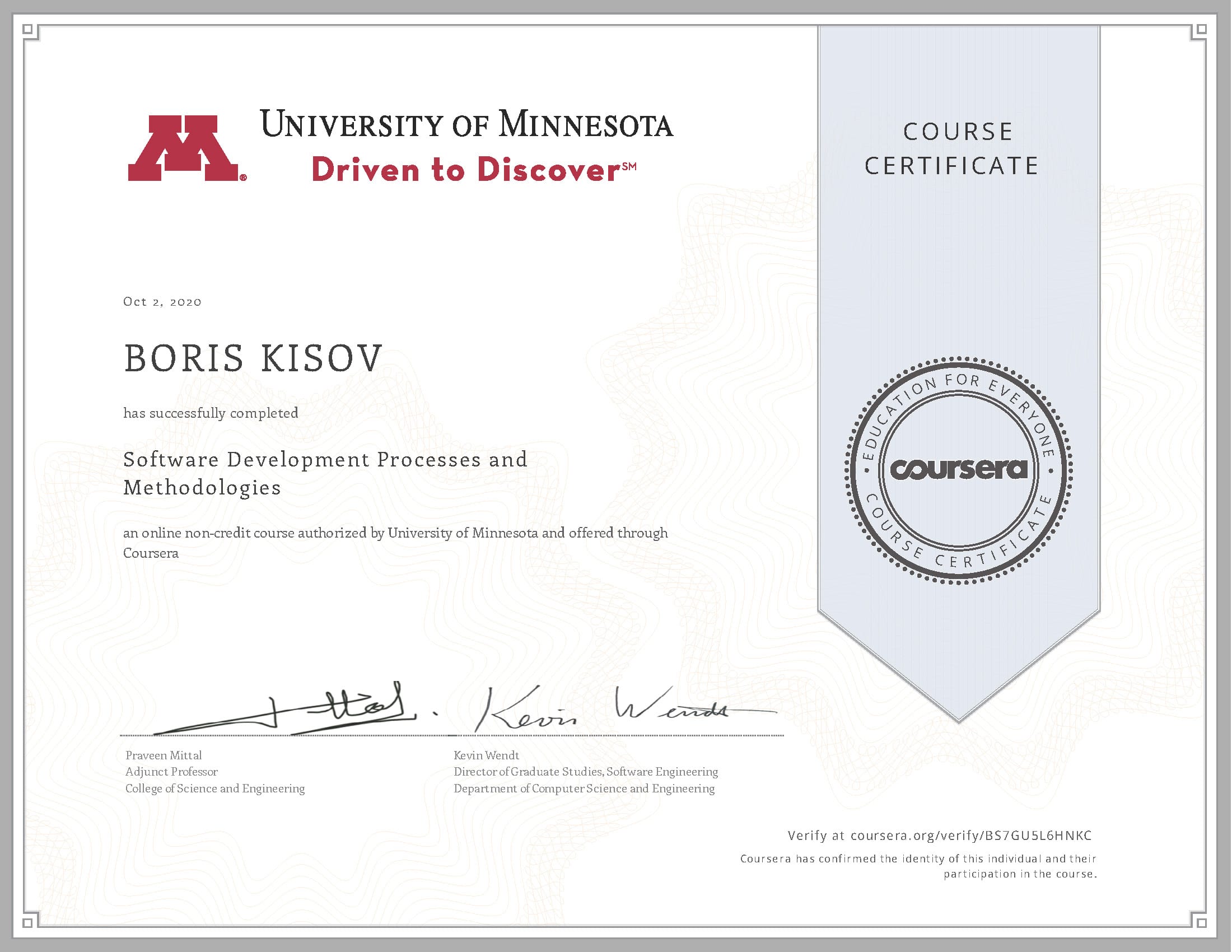
SDLC – Software Development Processes and Methodologies
SDLC – Software Development Processes and Methodologies – Certificate
University of Minnesota – SDLC
About this course
Software is fast becoming an integral part of human life as we see more and more automation and technological advancements. Just as we expect a machine to run all the time and cannot allow ourselves to crash or restart unexpectedly, the software industry must continue to explore better ways to create software so that it becomes an integral part of human life.
In this course, will you learn how software development teams work? What processes are they using? What are the industry standard methodologies? What are the pros and cons of each? You will learn enough to have a meaningful conversation about software development processes.
At the end of this course, the student will be able to
1) Apply basic software development methods at a conceptual level to solve this problem.
2) Compare and contrast traditional, agile, and high-level lean development methodologies. These include Waterfall, Rational Unified Process, V-Model, Incremental, Spiral Models, and Agile Thinking Overview.
3) Suggest the methodology that is most appropriate for the given situation.
University of Minnesota
The University of Minnesota is among the largest public research universities in the country, offering undergraduate, graduate, and professional students a multitude of opportunities for study and research. Located at the heart of one of the nation’s most vibrant, diverse metropolitan communities, students on the campuses in Minneapolis and St. Paul benefit from extensive partnerships with world-renowned health centers, international corporations, government agencies, and arts, nonprofit, and public service organizations.
Boris Kisov

Innovation, IT & Management
10+ years of initiating and delivering sustained results and effective change for companies across a wide range of industries including
innovation, enterprise software, digital marketing, start-ups, advertising technology, e-commerce and government.

